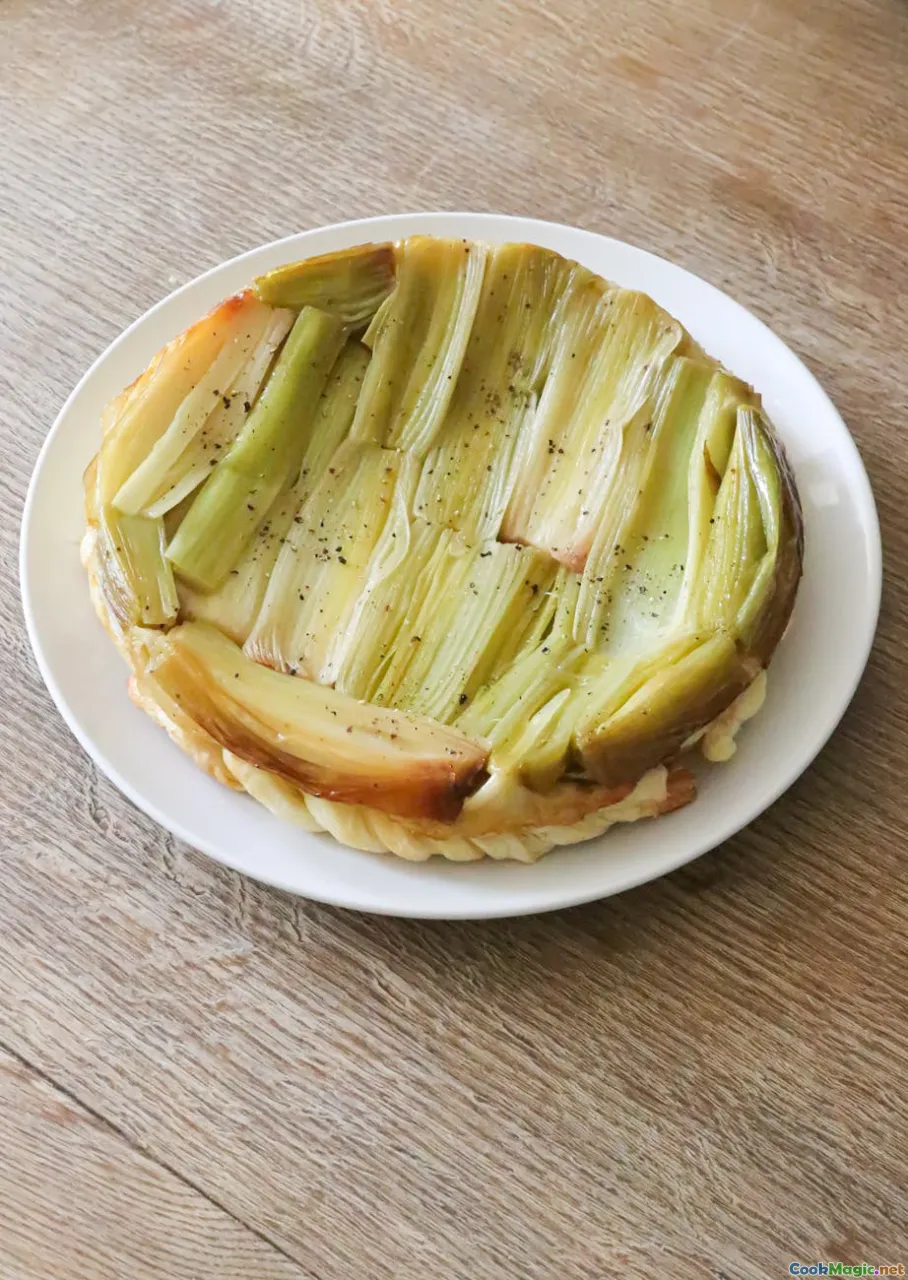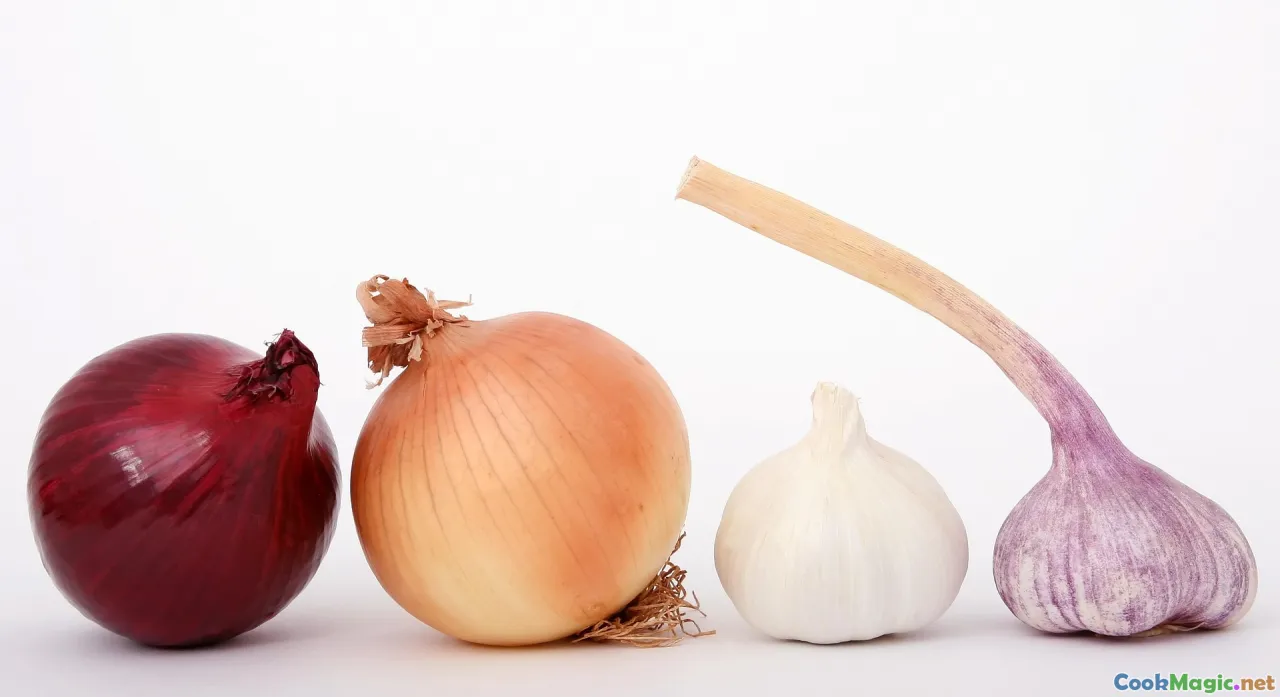Savory Pies with Vegetable and Grain Fillings
11 min read Discover delicious vegetarian savory pies filled with hearty vegetables and wholesome grains, perfect for any occasion. August 17, 2025 12:05
Savory Pies with Vegetable and Grain Fillings: Celebrating Vegetarian Comfort Food
There’s an undeniable warmth and nostalgia woven into the art of baking savory pies — those handheld treasures that cradle a rich, flavorful filling in a flaky, golden crust. For centuries, cultures across the globe have crafted their own versions, transforming humble vegetables, hearty grains, and fragrant herbs into comforting, portable dishes that evoke family gatherings, seasonal harvests, and centuries-old culinary traditions.
In today’s culinary landscape, these vegetable and grain-filled pies have reemerged as symbols of sustainable eating, mindful cooking, and inventive vegetarian cuisine. Whether you’re looking to create a cozy weekend dinner, impress friends with a rustic meal, or explore complex flavor profiles free from meat, savory pies open a world of possibilities.
Join me as we delve into the history, ingredients, techniques, and cultural stories behind these beloved dishes, along with practical tips and inspiring recipes to bring their comforting charm into your kitchen.
The Cultural Roots of Vegetable and Grain Pies

Throughout history, civilizations have devised inventive ways to transform seasonal produce and staples like grains into hearty, portable dishes. In Medieval England, ‘plum pies’ often included intricate mixtures of root vegetables, herbs, and grains encased in buttery pastry—serving both as sustenance and as a show of culinary craftsmanship.
In the Middle East, savory borek or lahmacun incorporate fillings with pulses, rice, and vegetables wrapped in thin, crispy dough, echoing ancient traditions that celebrate agricultural bounty.
In Mediterranean regions like Italy and Greece, rustic vegetable tarts (tartine or börek) often feature flavorful combinations like spinach, feta, and wild herbs nestled within flaky dough, their aroma stirring nostalgia of seaside villages and hillside farms.
More recently, in the post-war era, resourceful home cooks created pies like the British ‘Wellington’ by layering vegetables with grains and spices, transforming simple ingredients into impressive dishes for special occasions.
These diverse traditions underscore a universal culinary theme: a symphony of seasonal ingredients, locally sourced grains, and aromatic herbs wrapped in flaky pastry or rustic dough—crafted to nourish, preserve tradition, and celebrate community.
Essential Ingredients for Vegetable and Grain Savory Pies

Creating a delicious savory pie begins with choosing the right ingredients — fresh, flavorful, and balanced.
Vegetables
Fresh vegetables form the heart of the filling. Think seasonal brilliance — sweet, caramelized roasted butternut squash, earthiness of mushrooms, tender spinach, crisp carrots, and sweet peas. Their textures and moisture levels influence the cooking process and flavor depth.
Grains
Grains enhance the filling with texture, body, and hearty satisfaction. Common choices include
- Rice (short or medium grain)
- Bulgur wheat
- Quinoa
- Barley
- Couscous Each brings a unique character, from fluffy lightness to chewy robustness.
Legumes & Pulses
Adding lentils, chickpeas, or black beans boosts protein and richness. A lentil and spinach filling, for instance, echoes Mediterranean flavors, while chickpeas lend a creamy consistency reminiscent of falafel.
Aromatics & Herbs
Garlic, shallots, leeks, and fresh herbs like thyme, parsley, dill, and mint infuse the filling with vibrant aroma and flavor, elevating the modest ingredients.
Cheeses & Seasonings
For those who include dairy, cheeses like feta, ricotta, or Parmesan provide saltiness and creaminess. Spice blends—cumin, paprika, coriander—offer warmth and depth.
Fats & Liquids
Butter, olive oil, or vegan margarine create a flaky crust and help fuse flavors. Broths or vegetable purees add moisture and richness.
Techniques to Perfect Your Vegetable and Grain Pies

Achieving that perfect balance of flaky crust and flavorful filling involves finesse. Here are refined techniques that elevate your savory pie-making skills.
Preparing the Crust
Whether using classic puff pastry, shortcrust, or laminated dough, ensure your butter or fats are well-chilled to achieve the desired flakiness. For a vegan option, a combination of plant-based fats and cold water works beautifully.
Cooking the Filling
Pre-cook dense vegetables like carrots or squashes until just tender to prevent excess moisture and sogginess. Sauté aromatics and hardy greens to concentrate their flavors. Allow fillings to cool slightly before assembling—hot fillings can make the crust soggy.
Assembling & Baking
Line your pie dish with rolled-out dough, spread the filling evenly, and seal with a lattice or top crust. Brush with an egg wash or plant-based glaze for a shiny, golden finish. Bake at high heat (375-400°F / 190-200°C) to develop texture and color.
Resting & Serving
Allow the pie to rest for 10-15 minutes after baking; this helps set the filling and eases slicing. Serve with crisp salads, tangy chutneys, or a dollop of herbed yogurt for contrast.
Spotlighted Recipes for Inspiration

1. Mediterranean Lentil and Spinach Pie
A hearty, flavorful dish with green lentils cooked with onions, garlic, and aromatic spices, layered with wilted spinach, ricotta, and feta, encased in flaky filo or shortcrust pastry.
2. Butternut Squash and Quinoa Tart
Roasted butternut squash cubes mixed with fluffy quinoa, toasted walnuts, and sage, baked in a buttery pie crust, finished with a drizzle of honey and a dusting of Parmesan.
3. Mushroom, Pea, and Barley Pie
Earthy sautéed mushrooms, sweet peas, and tender barley create a satisfying, umami-rich filling perfect for mushroom lovers, enveloped in a rustic puff pastry.
4. Vegetarian Moussaka with Grain Layers
An inventive twist on the classic Greek Moussaka—layers of savory eggplant, spiced tomato sauce, and a hearty millet or bulgur base, topped with a creamy béchamel and baked until bubbling.
Personal Insights & Creative Variations
Juxtaposing textures and flavors breathes life into vegetable and grain pies. Consider incorporating roasted garlic, preserved lemons, grilled peppers, or even caramelized onions to deepen complexity. For a smoky touch, include chipotle chiles or smoked paprika.
Making pie is more than following a recipe; it's about embracing your ingredients and imagination. Try layering different grains and vegetables, or experimenting with global spice blends to craft pies that tell your culinary story.
For instance, I once created a Thai-inspired pumpkin and sticky rice pie, blending sweet roasted pumpkin with fragrant jasmine rice, seasoned with coconut milk, lemongrass, and a dash of fish sauce — a harmonious dance of sweet, savory, and aromatic elements.
The Emotional & Personal Connection
There’s something soul-nourishing about biting into a savory vegetable pie — the warm aroma, the flaky crust giving way to tender, seasoned fillings. It reminds us of communal tables, family gatherings, or quiet moments of homemade comfort. In vegetarian cuisine, these pies exemplify how ingenuity and love transform humble ingredients into memorable meals.
They also serve as a testament to creativity — forging new traditions from old seeds. Each filling reflects seasonality, personal taste, and cultural roots, turning a simple dish into an expressive culinary canvas.
As a home cook or an adventurous gastronome, attempting to craft your own savory veggie and grain pies bridges the gap between heritage and innovation. The aroma of baking, the satisfaction of perfect layering, and the joy of sharing a handcrafted dish—all create an emotional, sensory experience worth savoring.
Now, equipped with ideas, techniques, and inspiration, I invite you to embrace the world of savory pies—celebrating vibrant vegetables, wholesome grains, and boundless creativity at your own kitchen table.









